No time like the present for a gift
Nov. 29 is Giving Tuesday, a national day of philanthropy. Help support the next generation of Ohio farmers.
Read MoreSpelt is a popular alternative to wheat as it can be grown on low fertility soils and is high in dietary fiber, protein and whole grain carbohydrates and rich in other essential nutrients.
Larry, Justin and Barrett French, owners of French’s Hybrids and Huron County Farm Bureau members, all live within 1/8th mile of each other. To a typical passerby, their collection of farms doesn’t look much different than the next group of farms.
However, if you look a little closer, you may be surprised to find the French family is the leading spelt producer in not only the state, but in the country.
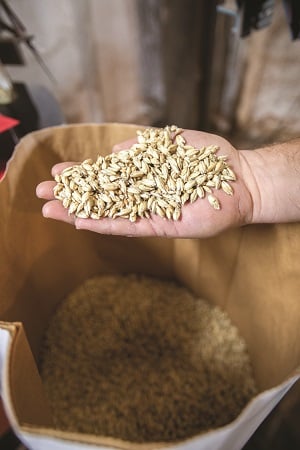
Spelt is an ancient grain that closely compares to wheat and has been around for thousands of years, originating in what is now Europe and the Middle East. The first spelt wasn’t grown in the United States until the 1890s. And, today, most of the nation’s spelt is grown in Ohio — with the help of French’s Hybrids and four generations of family farmers.
“In Germany you can find spelt everywhere; that’s where some of our original seed stocks came from,” said Justin. “We are one of very few farms that grow spelt in the country today.”
French’s Hybrids is a family-owned and operated seed business founded in 1936 by brothers Winthrop and Elbert French. It all started with an opportunity to produce seed corn on part of an acre on the Frenches’ farm.
“My great grandpa, Winthrop, and his brother Elbert, had an opportunity through The Ohio State University to produce one-fourth an acre of seed corn,” said Justin French, a fourth generation farmer at French’s Hybrids. “Around that same time, the brothers also started working with a plant breeder to refine old spelt lines and eventually developed their own.”
Winthrop handed down the business to his son Robert, who handed it down to his son Larry who now shares the business with his sons Barrett and Justin. Originally called French’s Bros., the family business eventually evolved into W.B. French & Sons, and around 1972, it became French’s Hybrids, Inc., a full-service seed company.
In addition to spelt, French’s Hybrids also specializes in hybrid seed corn, soybean seed, and forages and cover crops.
“Spelt is our main focus,” said Justin. “It’s a very versatile product, but it’s not popular enough for a major company to take on. It’s just right for our business.”
Spelt is a popular alternative to wheat as it can be grown on low fertility soils and is high in dietary fiber, protein and whole grain carbohydrates and rich in other essential nutrients.
In 2020, in order to continuously serve their customers, the Frenches purchased a spring spelt variety from the University of Saskatchewan in Canada. Spring spelt has a very short growing season: it is planted in the spring and harvested in late summer.
In addition to spring spelt, the Frenches own four fall spelt varieties of their own. More than 600 acres of the Frenches’ 1,200-acre farm is dedicated specifically to spelt, and each year the Frenches rely on neighboring custom growers and occasionally others across the country to provide additional acreage to meet the demand for their product.
“The fall spelt varieties that we have been growing for the past 56 years are planted in the fall, go dormant over the winter and are harvested in the summer,” said Justin. “It has a comparable season to winter wheat.”
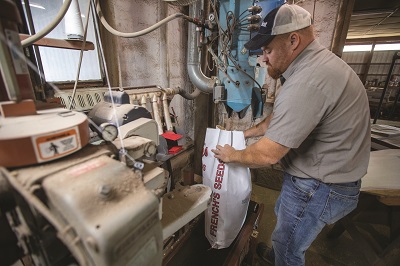 The months of July through September are busiest for the Frenches as they prepare the seeds for customers who want to plant spelt in the fall.
The months of July through September are busiest for the Frenches as they prepare the seeds for customers who want to plant spelt in the fall.
“We harvest spelt in July and get it into the grain bins, where we aerate it and get it cooled off before sending germination samples to the lab for testing,” said Justin. “Then it’s a mad dash to get it through our seed plant and bagged by the end of September to ship out to customers.”
The Frenches have delivered their product as far as Alaska, but have also had customers in Canada, Utah, Idaho and Texas.
“We had a farmer from Texas who did research and wanted to use spelt as a cover crop for his watermelon, and we airdropped some in Alaska to be used as a windbreak,” said Justin. “We love hearing about new inventive ways to use the product — and more importantly, the outcome.”
In addition to larger quantities, the Frenches also send individual bags to universities for further research and testing.
“We shipped two bags to the University of Vermont,” said Justin. “Students in their research program wanted to see how honey bees interact with spelt — people are always experimenting with it in various ways.”
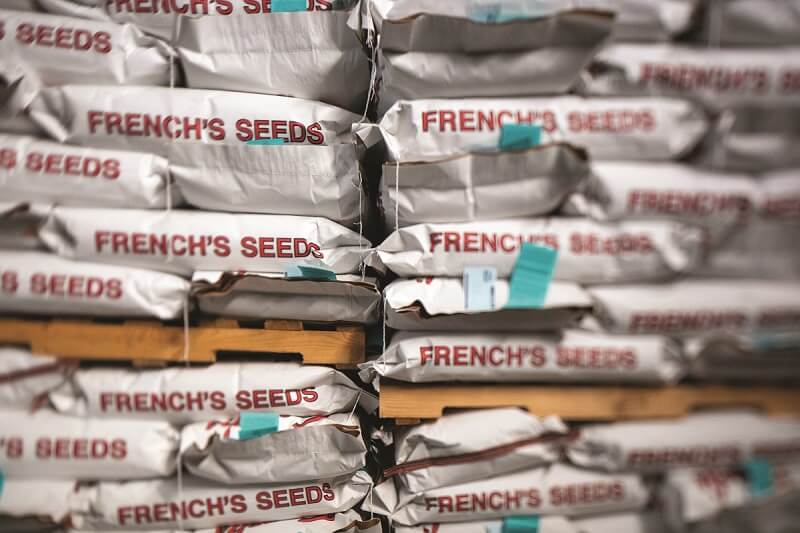 The Frenches continue to grow in innovative ways by refining their seed varieties to resist disease naturally and using technology to enhance their seed bagging line.
The Frenches continue to grow in innovative ways by refining their seed varieties to resist disease naturally and using technology to enhance their seed bagging line.
“There’s not one big change that enhances our operation,” said Justin. “It’s the little details and small changes that really make everything work better.”
The Frenches have been Farm Bureau members for decades and have found benefit in various aspects of the organization, including the group health care rates for Justin and Barrett, attending meetings, and learning from others. For Justin, he also credits Farm Bureau for introducing him to his wife, Libby, who he met at an Ohio Farm Bureau summer camp nearly 25 years ago.
Justin and Barrett are both married and have children of their own. As the Frenches look toward the future, they want to provide their children, the fifth generation, the opportunity to take over the family business, but only if it falls in line with their interests.
“We look forward to working with the next generation of young farmers, including our own children, because the future depends on them,” said Justin.
Spelt is an ancient grain that is comparable to wheat. It has been around for thousands of years, originating in what is now Europe and the Middle East. The first spelt was grown in the United States in the 1890s and today most of the nation’s spelt is found in Ohio.
Spelt is high in dietary fiber, protein, whole grain carbohydrates and other essential nutrients. It is primarily used as a feed grain for livestock, but can also be used in many of the same foods as wheat.
Fall spelt is planted in the fall and harvested around mid-July, approximately two weeks later than wheat. Spring spelt varieties are planted in the spring and harvested in the summer. Unlike many grains, spelt has the advantage of being able to grow on soils that are poorly drained and have low fertility.
To the naked eye, most people can’t tell the difference between wheat and spelt, however spelt is often taller and has a stronger husk, or hull. The hull, which acts as a thick coat, protects berries that resemble wheat kernels. The berries from dehulled spelt are used to produce white and whole wheat flour for baking.
Spelt pancakes with cider syrup
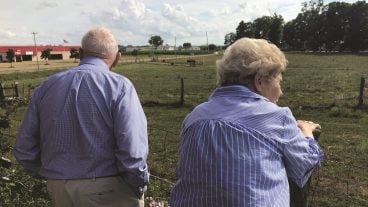
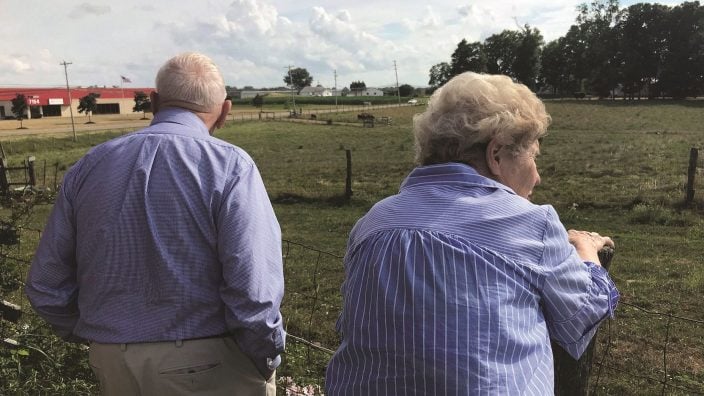
Nov. 29 is Giving Tuesday, a national day of philanthropy. Help support the next generation of Ohio farmers.
Read More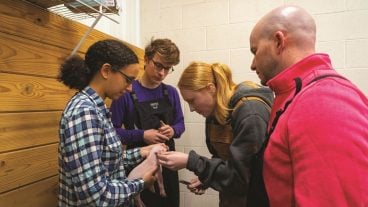
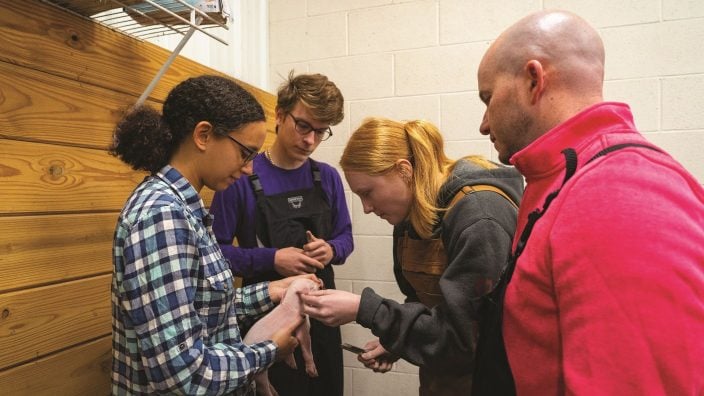
University of Findlay encourages students to become large-animal veterinarians or, at the very least, mixed-practice veterinarians.
Read More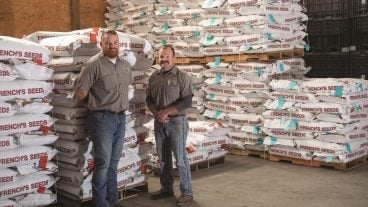
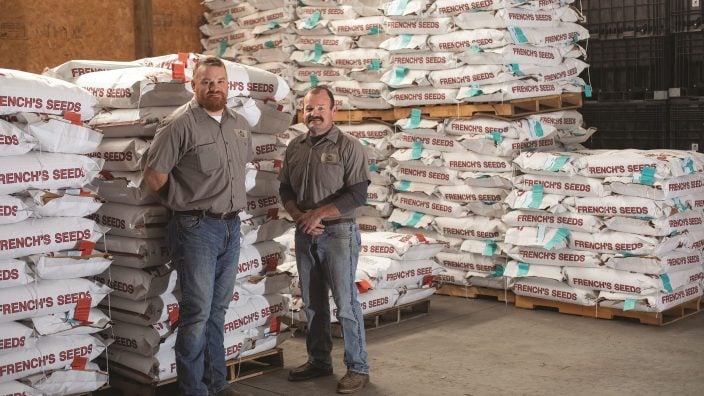
Spelt is a popular alternative to wheat as it can be grown on low fertility soils and is high in dietary fiber, protein and whole grain carbohydrates and rich in other essential nutrients.
Read More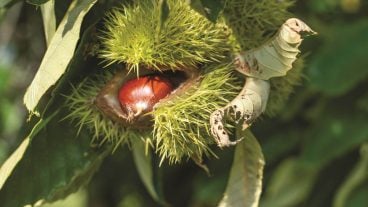

Bob Stehli has a lifelong love of chestnut trees, and a passion to create just the right hybrid combination to make them disease and insect resistant. The experiment is ongoing.
Read More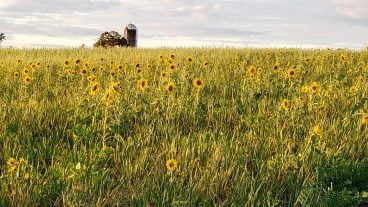
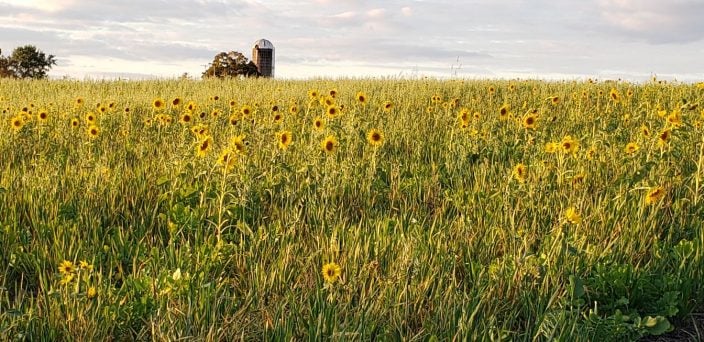
Consult with your farm’s team of trusted advisers in drafting your next farm lease. That includes your lender, accountant, attorney and insurance provider.
Read More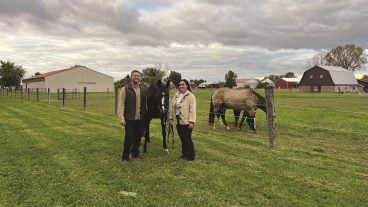
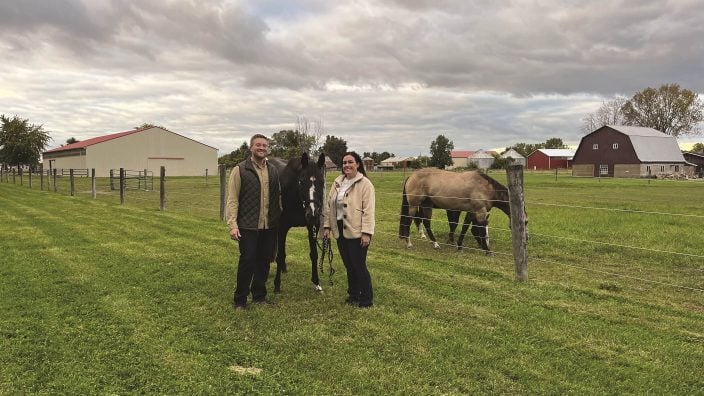
‘When we upsized to a home with facilities for livestock, we were relieved when Nationwide again provided the best coverage options amongst the several companies we compared.’ ~ Bo Harstine.
Read More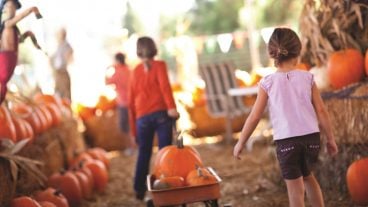
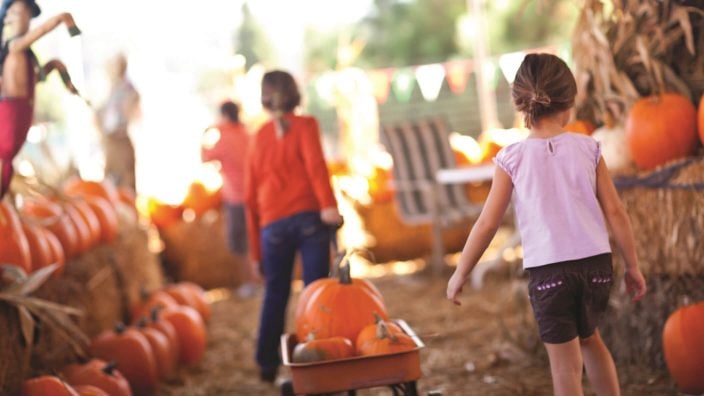
Before adding agritourism to your farm or ranch, think about the specific risks you and your visitors will face and how you’ll mitigate them.
Read More

In today’s world of higher prices for just about everything, we often find ourselves asking if we are truly getting what we pay for. But when it comes to your Ohio Farm Bureau membership, the value far exceeds the dues you pay.
Read More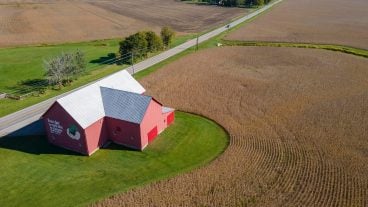
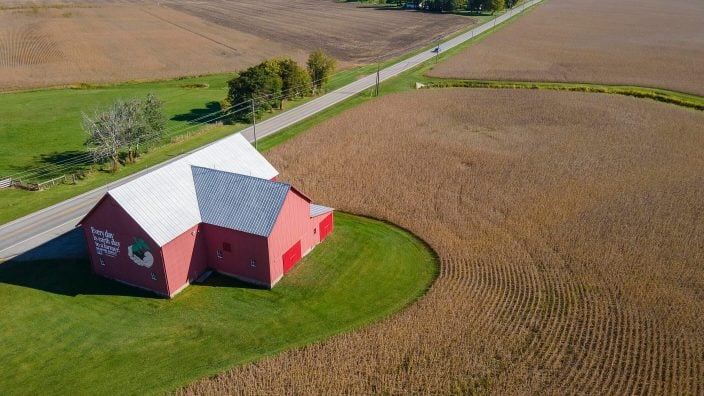
When ODOT initially unveiled its US Route 23 proposals, the Skinner family saw red flags all over the place and the need to take action.
Read More